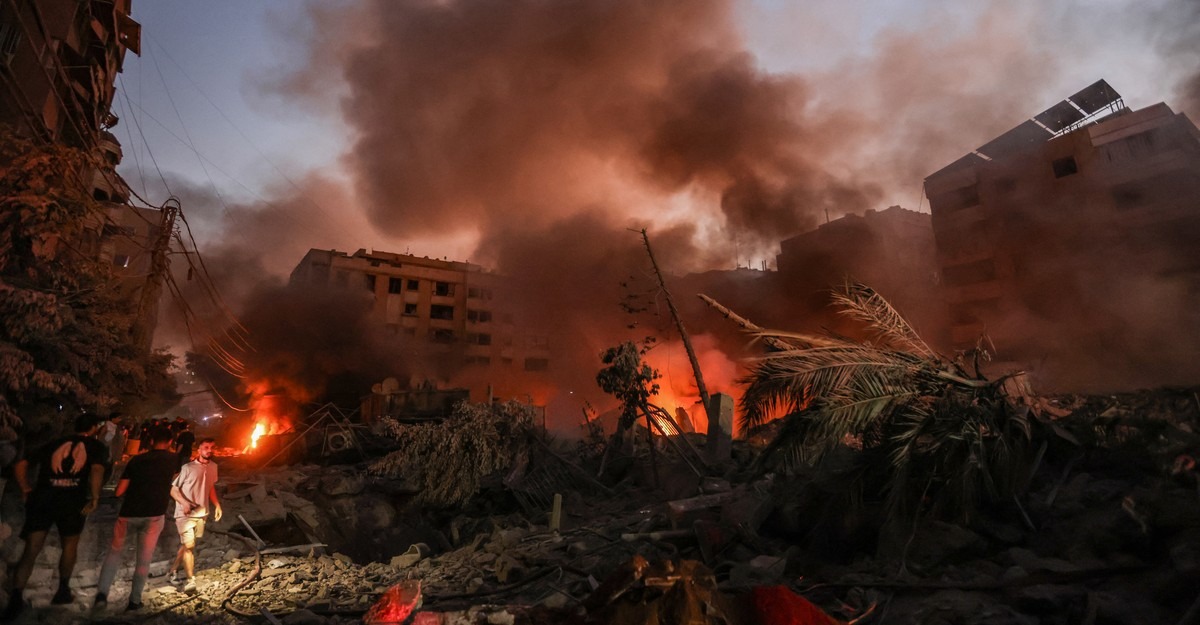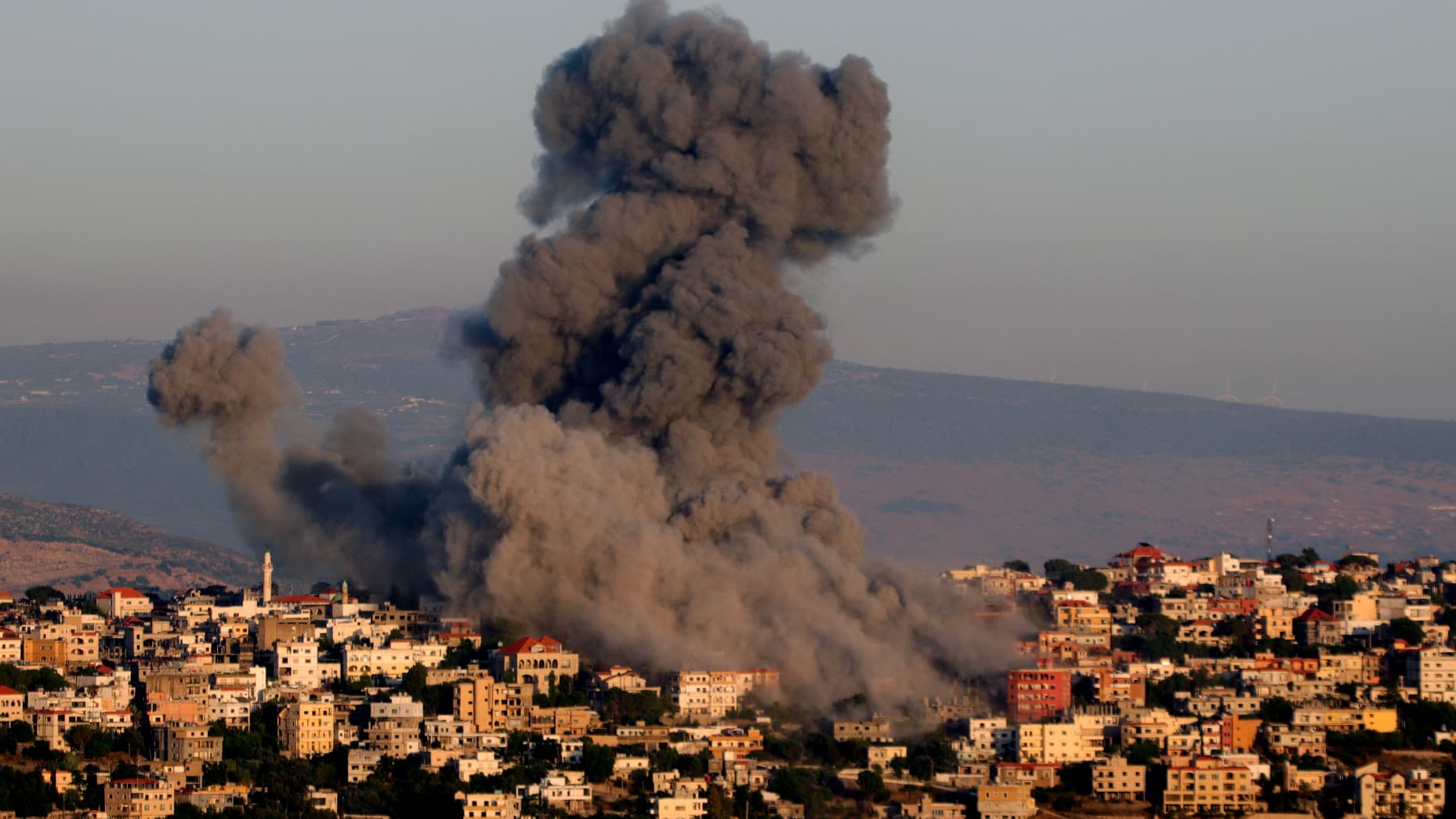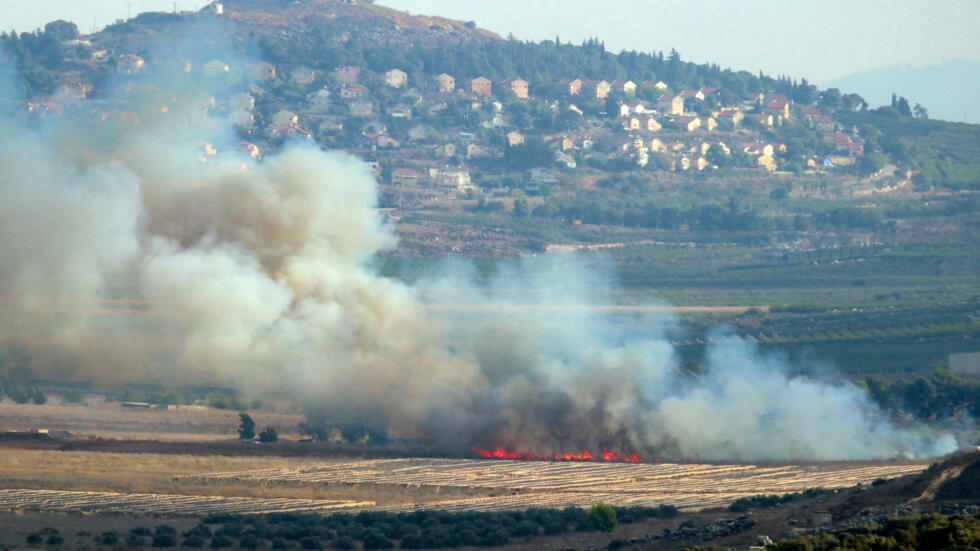
Rocket fire from Hezbollah aimed at northern Israel has caused fires and extensive destruction. In response to this aggression, the IDF (Israel Defense Forces) immediately launched precision strikes against the terrorist organization’s positions, killing more than a dozen militants. The escalation of tensions in the region highlights the growing threat from Hezbollah and the need for swift action to protect civilians.
Hezbollah missiles and drones provoke Israeli response: 15 terrorists killed, 25 missiles intercepted
Hezbollah fired rockets and drones Thursday morning, setting fires in northern Israel. In response, the Israel Defense Forces announced an attack on a municipal building in Bint Jbeil, Lebanon, killing about 15 Hezbollah fighters. It was the first such strike in the area since 2006, according to CNN.
According to preliminary information, the building that was hit served as a weapons depot for Hezbollah militants. Shortly after the news of the attack, the IDF reported detecting two drones that had entered Israeli territory from the Lebanese side.

One of the drones was intercepted off the coast near the northern city of Nahariya, while the other crashed in open terrain. Neither attack triggered sirens and no casualties were reported, the military said. The Israel Defense Forces later recorded 25 rockets fired by Hezbollah from Lebanon, some of which were successfully intercepted by Israeli forces.
Fires on Israel-Lebanon border after rocket attack
According to Israeli media, several drones that were not intercepted crashed in open areas in northern Israel, causing several fires. Israel’s firefighting and rescue services have already managed to extinguish a forest fire in the Haifa area, but the Shlomi forest fire remains out of control and has not been localized.
The military said the Israeli Air Force, operating under the command of the Northern Command, carried out retaliatory strikes against some 200 Hezbollah-linked targets. The targets included military buildings, observation posts, terrorist infrastructure, weapons depots, and the group’s fighters. The strikes were part of a broader military operation aimed at suppressing the Hezbollah threat and ensuring the safety of Israeli citizens.

The IDF stressed that all measures were taken to minimize damage to civilians and focus on pinpointing military targets. The Israeli Air Force used modern technology to target and precision strikes, which allowed it to avoid accidental civilian casualties.
The military action was also part of a strategy to strengthen the country’s defense capabilities, given the difficult situation on the border with Lebanon. Despite the growing tension, Israeli authorities continue to call for de-escalation of the conflict and the search for peaceful solutions, but in practice the confrontation with Hezbollah remains a serious threat. The importance of international cooperation and support is also not ignored, as the situation requires a comprehensive approach to achieve stability in the region.
